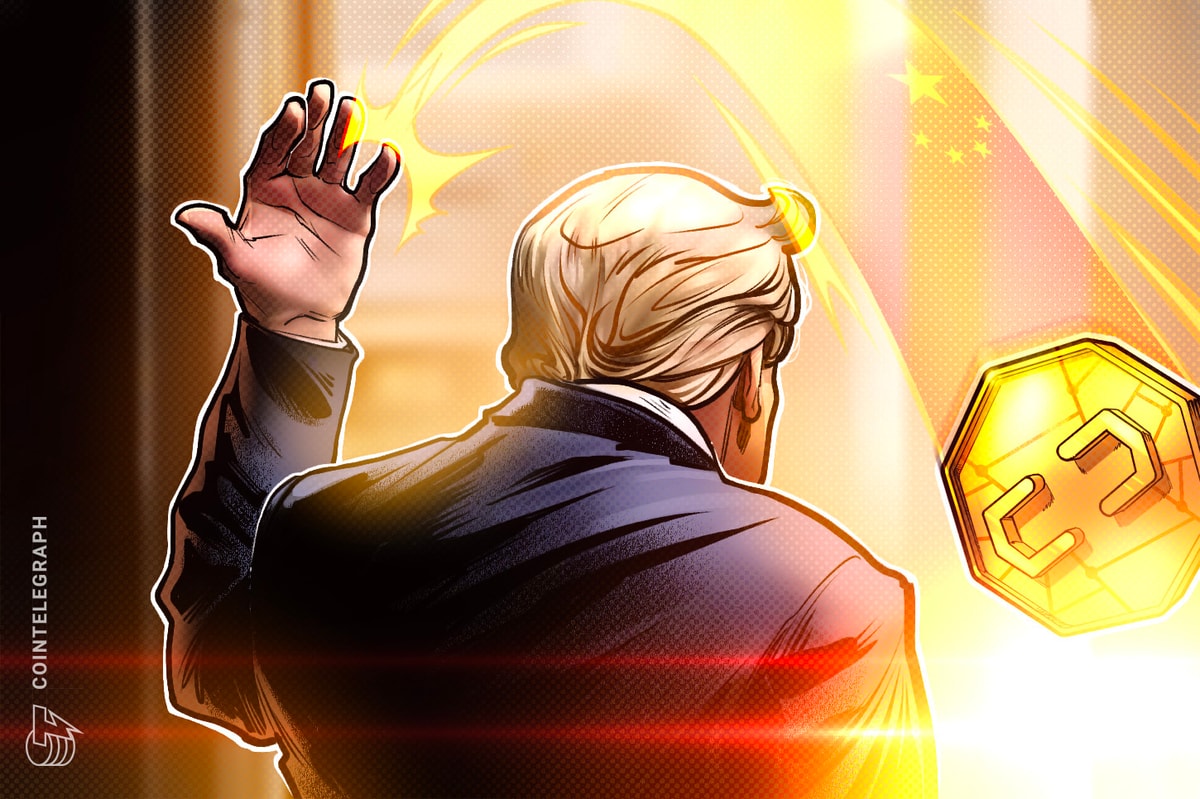By Ahmad Shadid, Founder of O.XYZ
There’s no doubt that we’re seeing unparalleled advancements in artificial intelligence, but beneath all this progress lies an unsettling reality: AI, as we know it, is far from private.
Dominated by a handful of centralized powerhouses—our AI landscape revolves around the proprietary models of Google, Microsoft, Amazon, Meta, and OpenAI. These corporations not only control the development and application of the world’s most popular AI models, but they also hold vast amounts of user data, collected through the millions of daily interactions with their platforms.
This data, often collected under the guise of “personalization,” informs predictive algorithms that extend far beyond convenience. Whether it’s targeted ads, political campaign strategies, or perhaps the subtle steering of public opinion, the centralized AI paradigm has created an ecosystem ripe for exploitation. We’ve witnessed glimpses of this dystopian potential, from the Cambridge Analytica scandal to the surveillance economy reminiscent of Orwell’s 1984. In such a world, AI becomes a tool for control, not liberation. The pressing question then is: how do we shift from a system that profits off our data to one that respects it?
Decentralized AI: An Answer to True Privacy
Decentralized AI is a transformative vision that reimagines the very fabric of how AI operates. Much like Bitcoin challenged centralized banking by offering transparency and autonomy, decentralized AI seeks to dismantle the centralized structures that dominate today. It unlocks a world where no one owns or controls the intelligence—a network built on principles of privacy, transparency, and community ownership.
In a decentralized AI ecosystem, data is no longer hoarded by corporations but encrypted, secured, and distributed across nodes in a blockchain-like structure. This ensures that user interactions with AI models remain private and untouchable by external actors. Decentralized AI offers an antidote to the status quo: a system where power is returned to individuals, and the AI serve humanity rather than exploit them.
The possibilities of decentralized AI are incredibly exciting—the technology and perspective that fuels it is already revolutionizing aspects of our world already and there is no doubt this will continue to create opportunities for freedom. As it gains popularity, understanding the journey to fully decentralized AI is more complex than most imagine is important.
The Challenges of True Decentralization
Building truly private and decentralized AI doesn’t just mean encrypting algorithms more or coding AI models onto a blockchain. It requires rethinking the entire infrastructure and journey end to end, from how AI is trained and on what data, to where it’s deployed and maintained.
Decentralizing AI involves breaking the bonds of ownership. This means reimagining not just the technical systems but also the organizational structures behind them. From the hardware used to power AI models to the governance frameworks that guide their development, decentralization requires a holistic overhaul.
At a hardware level, because today’s AI systems depend on centralized GPU networks controlled by a few companies, a decentralized computing infrastructure is perhaps the first major switch to make. Centralized networks create vulnerabilities in the supply chain and potential choke points, whilst decentralized networks are more robust to outages.
Additionally, corporations are, by design, beholden to shareholders. An integral key to building a decentralized organization lies in fractionalizing its ownership—and handing this over to the community. This incentivizes decisions that prioritize profit over privacy. For AI to be truly sovereign, its ownership and governance must rest with the community—not a select group of stakeholders.
And above all of this, traditional funding structures must be rethought, because they create dependencies. Venture capital, for example, often demands returns that steer projects toward profitability rather than public good. A community-sourced and owned funding infrastructure means decisions are made by the collective, the users, and not by big businesses.
These challenges highlight why decentralized AI is more than a technical undertaking—it is an organizational shift.
The O Ecosystem: Building Blocks for Sovereign AI
At O.XYZ, this journey toward decentralized AI is already underway. The O ecosystem forming the thorough, and necessary, approach to realizing this vision, addressing the structural challenges head-on:
- Ocean: The platform through which to access O’s AI routing intelligence.
- O.Operators: Unlike traditional employees, O Operators will be designed to be sourced directly from the community and hired by the AI itself. They will serve as the custodians of the platform, managing, promoting, and policing its operations in a decentralized manner. This model ensures that the AI remains accountable to the community rather than a centralized authority.
- O.Chain: This blockchain will secure and encrypt all AI activity, guaranteeing privacy and transparency. O Chain will be the foundation that enables users to interact with AI models without fear of surveillance or data exploitation.
- O.Orbit & O.Pacific: Decentralizing the foundational hardware of AI, O.Orbit and O.Pacific are two projects that could set a precedent for compute independence and sovereignty. O.Orbit premises satellite nodes owned by the community, whereas O.Pacific seeks to establish nodes in international waters.
The path to true AI privacy isn’t without its challenges, but it is a journey worth undertaking. Decentralized AI allows a vision of a future where technology serves humanity rather than subjugates it. By reimagining AI’s foundations—from governance and funding to infrastructure—O.XYZ seeks movement toward sovereignty in the digital age.
As AI continues to dominate and develop, the question is not whether we can decentralize AI, but whether we are willing to commit to the hard work it requires. In doing so, we can ensure that AI remains not only private but also free—an enduring testament to what humanity can achieve when it builds for the collective good.

 1 week ago
5
1 week ago
5








 English (US) ·
English (US) ·